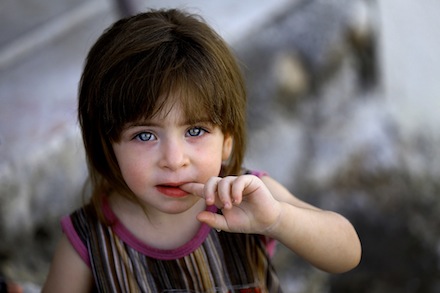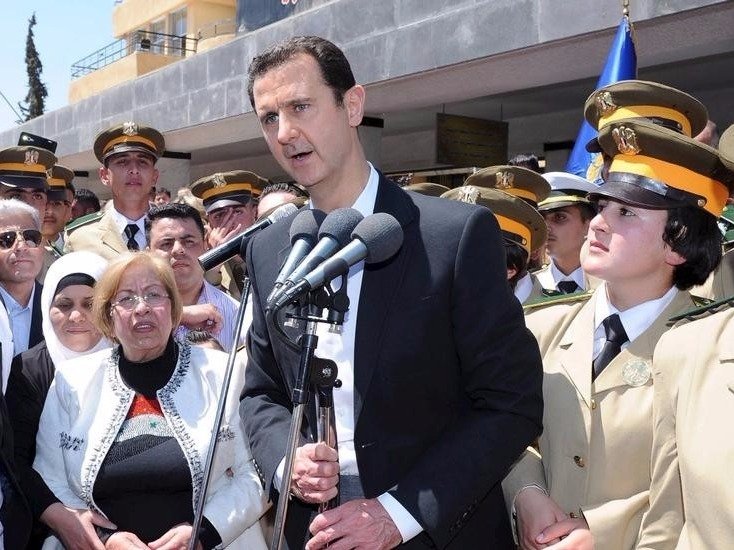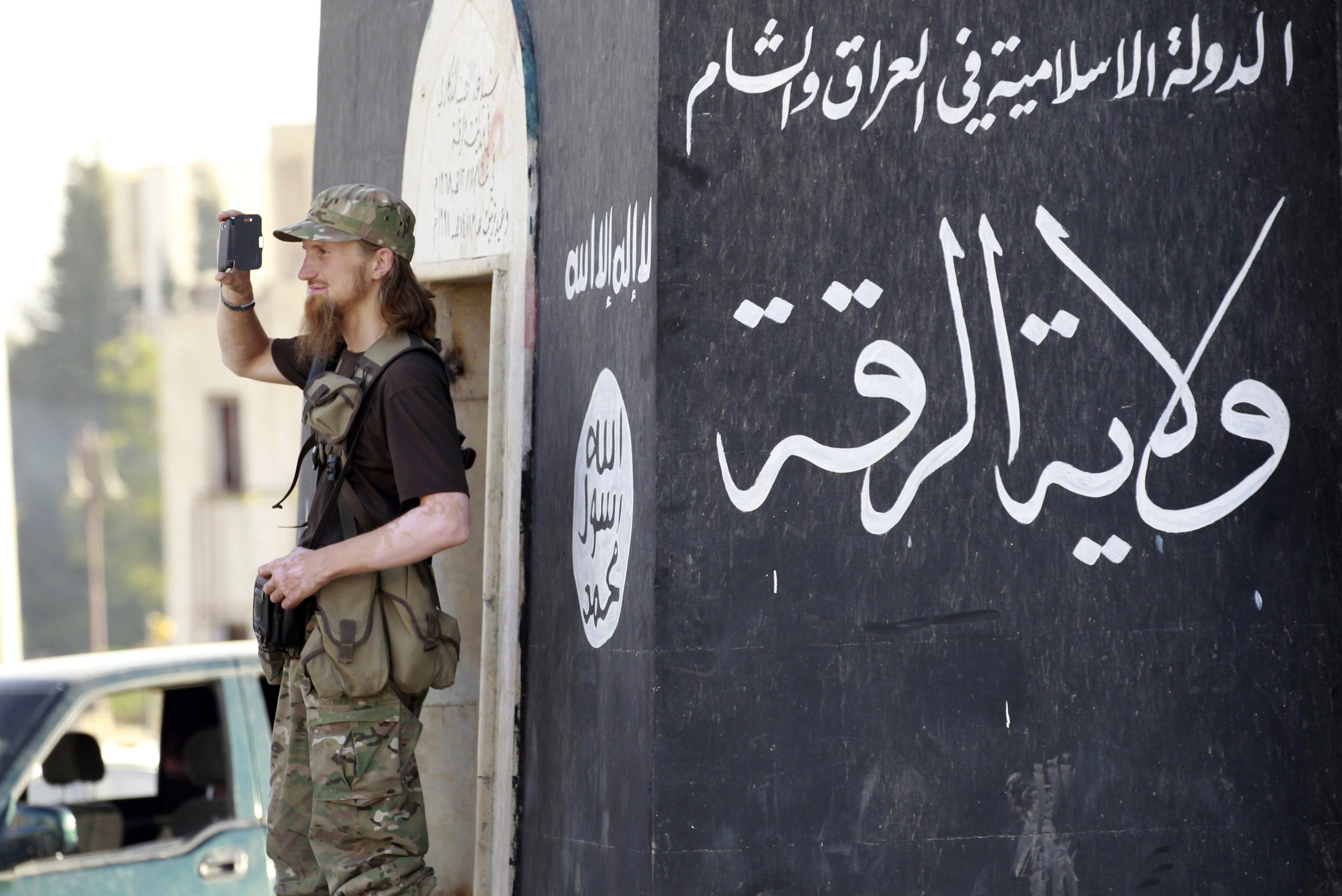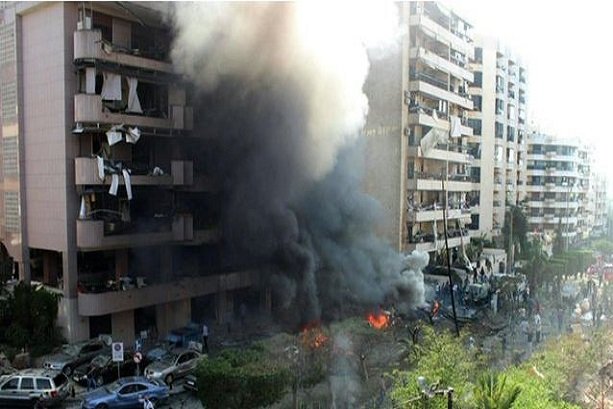
By: Emily Holman
Two days after my arrival in Lebanon in mid-July, and almost one month after the publication of Pope Francis’s most recent papal encyclical, Laudato Si’, collection of the nation’s rubbish reached a standstill. Activists and residents of environs surrounding the Naameh landfill, in mountains south-east of Beirut, refused to accept any more rubbish following a planned closure for the site scheduled for July 17th, which had already been postponed since January. When the government tried to continue to use the site, residents took matters into their own hands, and blocked the roads to the Naameh landfill. With nowhere to go, the rubbish could not be collected. Garbage piled up. People marched on the streets and threw eggs in protest at government inability both to respond to the situation, and to take the preventive measures that became necessary long ago.












